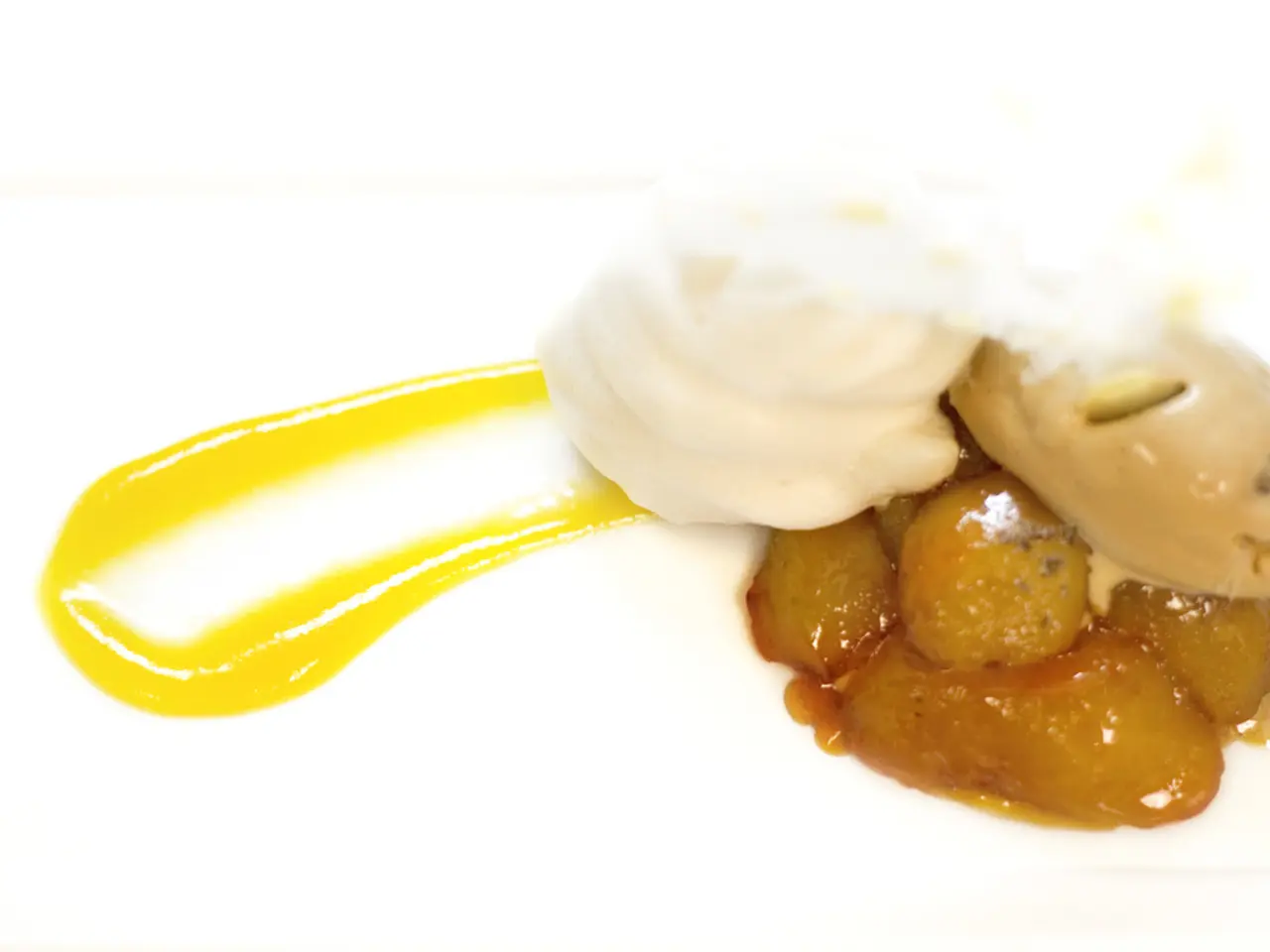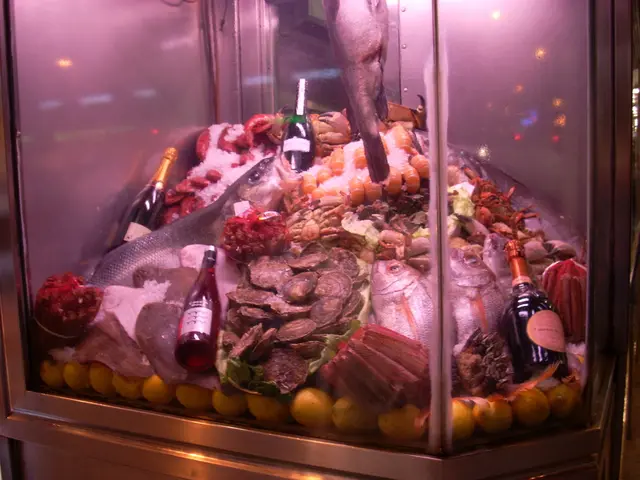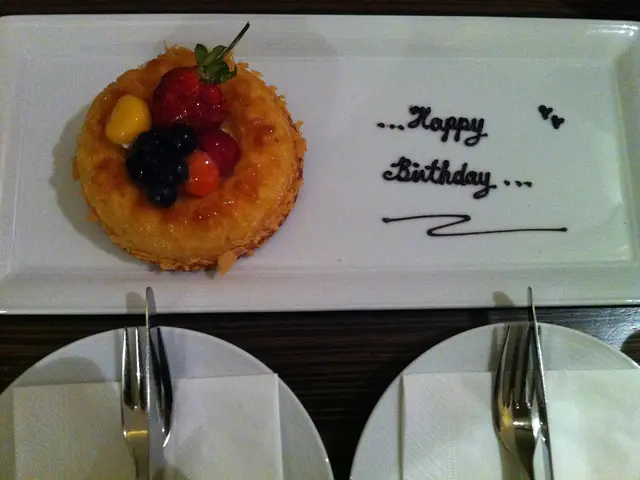Unveil five obscure Portuguese sweets to taste during your upcoming journey to Portugal
In the rich tapestry of Portuguese culinary heritage, a host of exquisite desserts have emerged, many of them with roots tracing back to the convents of the country. These traditional treats, each with their unique flavours and textures, offer a delightful journey through time.
One such dessert is the Papos de anjo, light cakes made from beaten egg yolks, baked in the oven, and dipped in a lemon or vanilla-flavoured syrup. Originally made in convents and served at major religious celebrations, these cakes have a sweet, subtle fragrance that has contributed to their enduring popularity in Portuguese tradition.
Another dessert with a convents' origin is the Queijadas de Sintra, small, sweet tartlets originating from Sintra, filled with a mixture of fresh cheese, sugar, eggs, and sometimes cinnamon. These tartlets, popular in the Middle Ages and still a favourite among tourists today, are best enjoyed warm with a cup of coffee to enhance their flavour.
The recipes for Sericaia, a soft, flavourful flan originating from Alentejo, date back to the time of the convents in Portugal. Made with milk, eggs, cinnamon, and often served with plums in syrup, this dessert has a thin, slightly caramelized crust, thanks to its traditional baking in an earthenware dish.
Toucinho do céu is a dense cake from Portugal, originally made with lard (now usually replaced by butter), almonds, sugar, egg yolks, and flavoured with cinnamon. Its name translates to 'heavenly bacon', but the dessert is not savoury. The 'toucinho' in Toucinho do céu refers to the melt-in-the-mouth texture provided by lard in the original recipe. This specialty, originally elaborated in monasteries in Portugal, has a golden colour and an intense flavour, making it a bright and pleasant dessert.
Bolo de bolacha, a more recent dessert compared to Sericaia and Toucinho do céu, is a cake made of alternating layers of buttercream and Marie biscuits dipped in coffee. Often served at Sunday family meals and considered the ultimate party dessert, it does not require baking and needs to be left to rest in a cool place before being cut into generous slices.
Among these lesser-known Portuguese desserts, Sericaia and Toucinho do céu are worth trying for those seeking an authentic taste of Portugal's culinary past. These traditional treats, passed down through families for centuries, offer a sweet escape into the rich history and culture of Portugal.
Read also:
- Cheese consumption leads to fatalities for two individuals.
- AI's looming shadow on Mexican small-scale enterprises: how purpose-driven communities can offer salvation
- Europe's Famous Hiking Spot Showcases Breathtaking Mountain Scenery
- Daily Dietary Delight: Uncovering the Impact of Consuming Superfood Tomatoes Each Day








